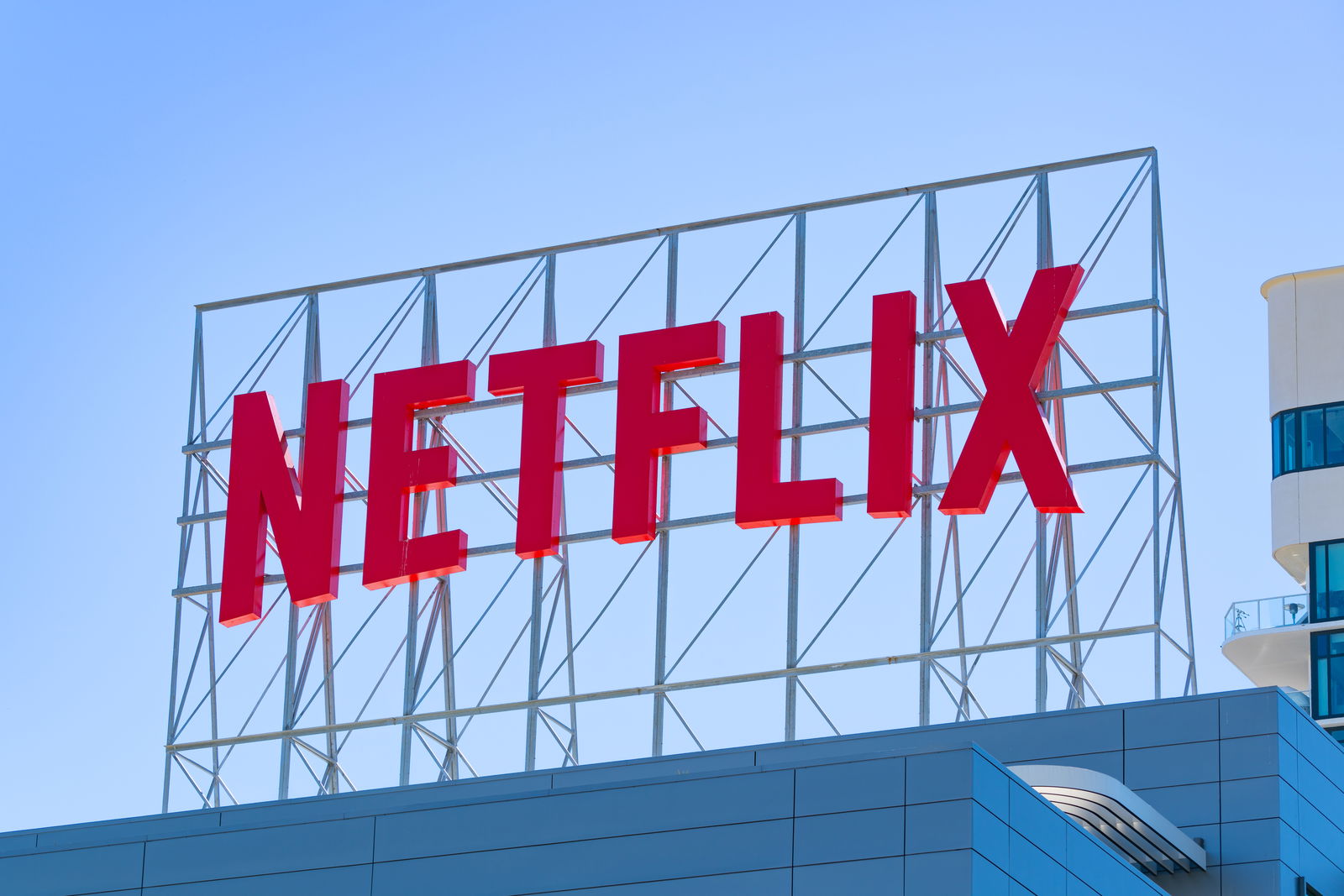Unpopular Opinion: Squid Game Exploits Human Vulnerabilities and Anxieties

Squid Game is the most popular Netflix launch of all time. It is the most popular TV show in over 90 countries, unparalleled for any series, let alone a Korean one. Plus, it achieved this feat in less than 10 days, making it all the more impressive. It’s a TikTok meme. It’s the new craze for Halloween costumes.

You cannot possibly have had a pop culture conversation in the last few weeks without this Korean drama thriller being brought up.
ADVERTISEMENT
Article continues below this ad
Premise and Backdrop of Squid Game
456 debt-laden people are given a lucrative offer. They can either go about their rather insufficient lives, looking for ways to pay their debts. Or they can play six children’s games and the winner will have about $38 million. The drawback is that the rest of the players will be shot dead.

But what’s different this time?
Squid Game certainly is all the rage on Netflix, but what makes it so distinctive?
From Hunger Games to Maze Runner, the western audience has seen the ‘playing a deadly game until there’s a sole survivor’ narrative before. And the eastern audience had Battle Royale way before all this. So it’s certainly not the death game genre that makes Squid Game exclusive.
Nor is it the gore and bloodshed that teenagers, disturbingly, are so drawn to. Or the dream-like sets. These concepts have been around since the time of the French Danse Macabre, with increasing popularity in the last century.
But Squid Game isn’t just another popular show or movie. People are hooked to it. 1 in 4 Americans have watched the series. And several have re-watched it. In fact, on the 13th of October, Netflix announced that Squid Game was its “biggest series launch ever”.
So, essentially, the question is what is so different about this Netflix original series?
The show’s creator, writer, and director Hwang Dong-hyuk took a slightly different approach to the death game genre. Most of these series are post or pre-apocalyptic. Even Squid Game’s competitive Japanese drama, Alice in Borderland, has a post-apocalyptic setting.
What sets Squid Game apart is how close it is to real life.
Squid Game owes its popularity to human vulnerabilities and anxieties.
But, how does Squid Game exploit human anxieties?
Fun fact:
The top 20% of the earners in South Korea are 166 times richer than the bottom 20%. And this gap has increased by half since 2017. In the last episode of Squid Game, we watch Gi-hun finally attempt to get his life together. Hwang Dong-hyuk saw the opportunity to make a political statement and took it.
In a kind of a post-climatic epilogue, a news commentator in the background says, “The country’s household debt is rapidly on the rise, topping the global average.” Gi-hun pays brief attention to it before engaging in conversation.
The creators make it clear that the show is rooted in the lives of a huge chunk of the South Korean population. Of course, Squid Game had to resonate with the global audience for it to gain popularity.
Here’s another fun fact:
Squid Game was written in 2009. However, it only hit screens in 2021- The year the global economy is gradually recovering from the COVID recession.
The global economy hasn’t completely recovered from the financial crisis of 2007-09. It was what economists called the worst economic crisis since The Great Depression. Almost a decade later, we were hit by COVID and an economic recession possibly worse than The Great Depression.
Towards the second half of 2021, when things are gradually getting back to normal, a show about people in debt and going through a financial crisis goes viral.
Coincidence?
I think not.
Doesn’t that make Squid Game an allegory?
There’s a difference between a social commentary and a piece of media that capitalizes on a situation.
Representation and exploitation are two completely different notions.
Had Squid Game been released earlier, the motives wouldn’t have been mere money-making. But that element was carried away when producers decided to release it during an economic recession. Had it not been for the timing of its release, Squid Game would have been another primary-colored series with a dark undertone.
ADVERTISEMENT
Article continues below this ad
After all, Squid Game’s main character Gi-hun is no Katniss Everdeen. He doesn’t have a special skill so distinctive he could use it to survive. He just happens to be in the right place, or in the right team, or have the right number.
With capitalism, most of the population is worried that they haven’t achieved enough and are suffering due to their own virtues. In a world that endorses hard work, skill, earning what you deserve, etc etc, Gi-hun just seemed to be getting around with luck.
ADVERTISEMENT
Article continues below this ad
A main character that succeeds not because of their labor, or any kind of prowess, seems to comfort viewers somehow- especially during times such as these. And producers have cashed in on it.
ADVERTISEMENT
More from Netflix Junkie on Netflix News
ADVERTISEMENT









